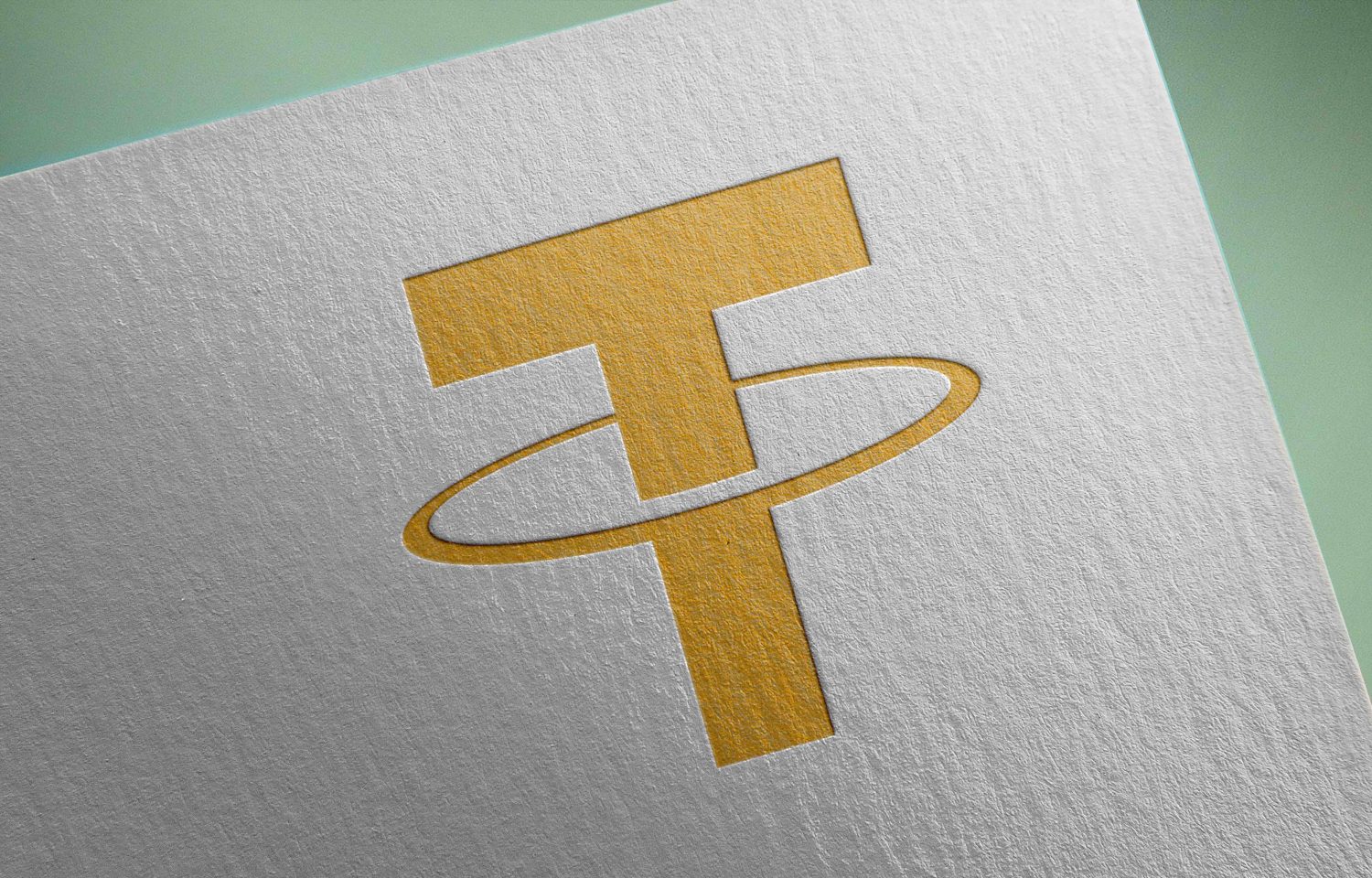Tether Proposes Innovative Digital Tokens to the Turkish Government
25.10.2024 10:00 1 min. read Alexander Stefanov
Tether, the issuer of the world’s largest stablecoin, is reportedly in discussions with the Turkish government to create digital tokens backed by borate minerals.
A recent report revealed that Tether proposed using blockchain technology for this initiative, along with the establishment of a digital asset exchange in Istanbul.
While Turkish officials acknowledged the proposal isn’t ready for immediate action, discussions are ongoing. Turkey holds over 70% of the global boron supply, primarily used in ceramics and fertilizers, with estimated boron sales of $1.3 billion for 2024.
Tether’s move aligns with the crypto industry’s trend toward tokenizing real-world assets (RWAs). CEO Paolo Ardoino emphasized the company’s commitment to fostering innovation in Turkey’s digital asset landscape, recognizing the country as a key blockchain hub.
Tether has been increasing its presence in Turkey, with local expansion manager Anadolu Aydinli meeting with government officials to discuss energy regulations and investment opportunities. The firm’s efforts highlight the significant demand for stablecoins in Turkey, where many citizens prefer a digital dollar to hedge against local currency instability.
Research from Chainalysis indicates that Turkey has the highest share of stablecoin purchases relative to GDP, with these purchases making up 4.3% of the nation’s GDP, the largest ratio globally.
-
1
BTC Bull Token Price Prediction: The Next Crypto with 1000% Potential?
25.06.2025 18:55 4 min. read -
2
SEC Postpones Decision on Franklin Templeton Ethereum ETF Staking Proposal
17.06.2025 8:00 1 min. read -
3
Solana Exchange Balances Surge as Bearish Signals Grow
13.06.2025 18:25 1 min. read -
4
Cardano Moves Toward Ripple Asset Integration as Hoskinson Teases DeFi Expansion
15.06.2025 11:00 2 min. read -
5
Crypto Whale Makes $3.5M Shorting Altcoins on Hyperliquid
15.06.2025 15:00 1 min. read
SEC Approves Grayscale ETF Tracking Top Five Cryptocurrencies
The U.S. Securities and Exchange Commission (SEC) has officially approved the conversion of the Grayscale Digital Large Cap Fund into an exchange-traded fund (ETF), finalizing its transition from an over-the-counter product into a fully regulated ETF structure.
New Meme Coin to Watch: TOKEN6900 Presale Tipped as Next SPX6900
The recent launch of the TOKEN6900 (T6900) meme coin presale is a refreshing sight in a market oversaturated with presales focused on providing utility. Token6900 returns to the roots of meme coins, offering no utility. This is precisely what makes it appealing to those seeking a high-risk, high-reward asset to stockpile. Marketed as the world’s […]
XRP Price Prediction: Price Compression and Higher ETF Approval Odds Could Propel XRP to $4
XRP trading volumes have doubled in the past 24 hours. Although the price action has not reacted as expected yet, something could be brewing as bulls could be accumulating tokens at these low prices in anticipation of the token’s next leg up. Yesterday, the market reacted quite positively to the approval of the first Solana […]
Which Crypto ETFs Could Get SEC Approval in 2025? Here Are the Chances
With the U.S. Securities and Exchange Commission (SEC) already greenlighting spot Bitcoin and Ethereum ETFs, attention is now turning to the next wave of crypto-backed exchange-traded funds.
-
1
BTC Bull Token Price Prediction: The Next Crypto with 1000% Potential?
25.06.2025 18:55 4 min. read -
2
SEC Postpones Decision on Franklin Templeton Ethereum ETF Staking Proposal
17.06.2025 8:00 1 min. read -
3
Solana Exchange Balances Surge as Bearish Signals Grow
13.06.2025 18:25 1 min. read -
4
Cardano Moves Toward Ripple Asset Integration as Hoskinson Teases DeFi Expansion
15.06.2025 11:00 2 min. read -
5
Crypto Whale Makes $3.5M Shorting Altcoins on Hyperliquid
15.06.2025 15:00 1 min. read


